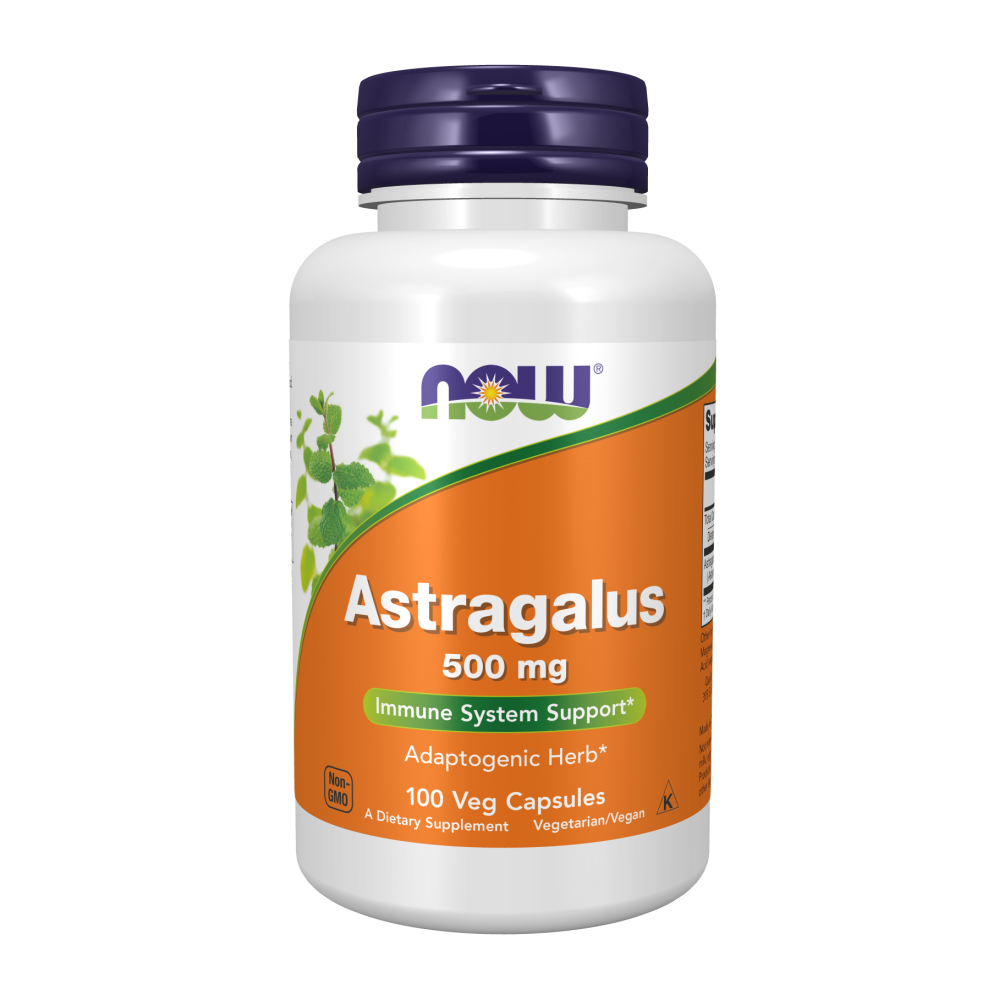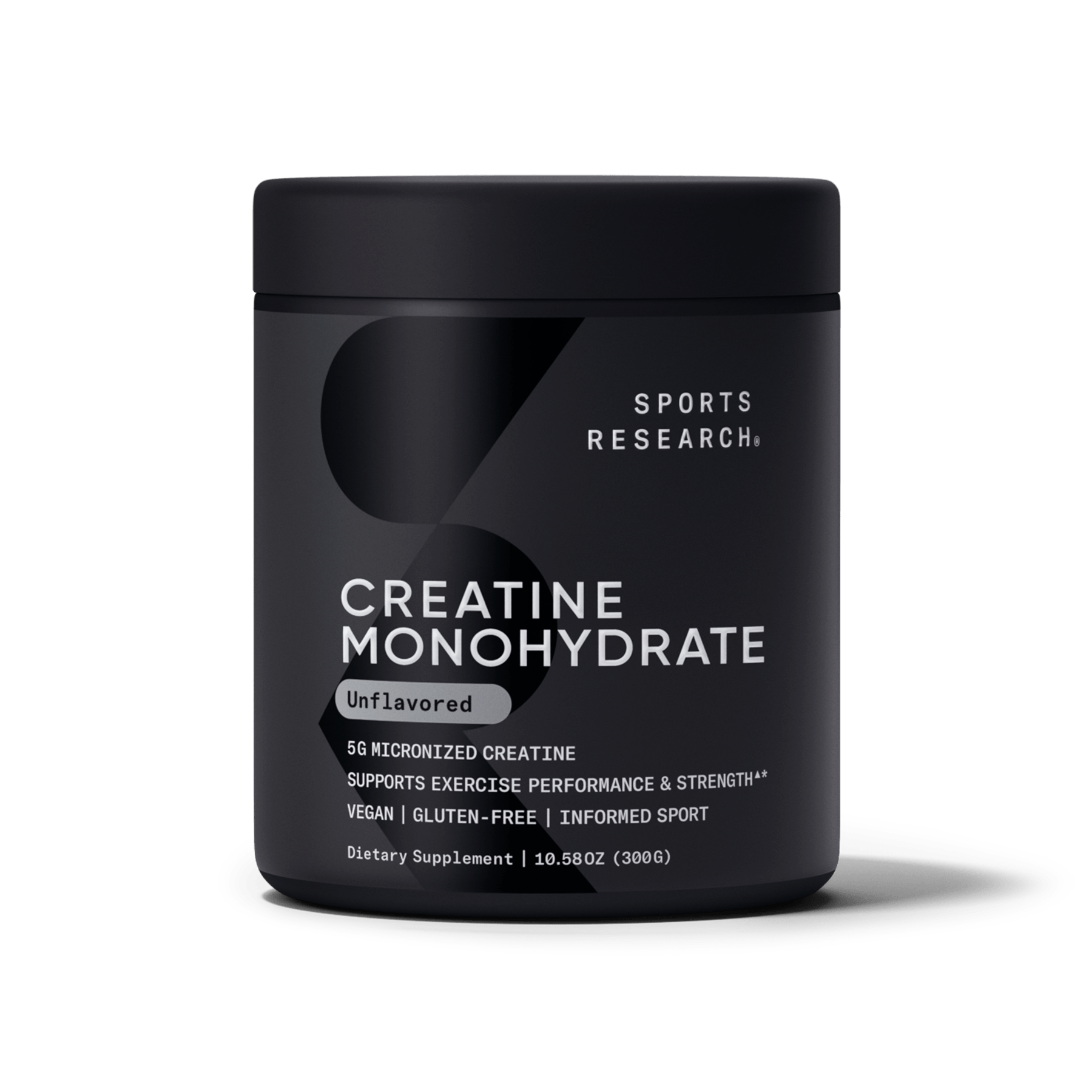
Key Takeaways:
- The vitamins and supplements you choose will depend on many factors, including your age, gender, dietary restrictions, activity level, and more.
- Supplements will absorb into your body within a few hours, but absorption can be deterred by certain factors.
- Not all supplements are created equal, and quality matters when choosing vitamins and supplements.
How long does it take for supplements to work? When is the best time to take vitamins? How do I choose the right vitamin supplements for me?
Before you dive into the exciting world of vitamins and supplements, there are a few important things you need to know.
How to choose the right supplements for you
Your vitamin and supplement routine is as unique as you are. The vitamins and supplements you need will depend on your age, gender, geographical location, dietary restrictions, lifestyle, activity level, and more.
Factors that may affect your supplement routine include:
- Pregnancy or planning for pregnancy: Anyone who is pregnant or thinking of becoming pregnant should take folic acid, and may benefit from taking an iron supplement. Solgar® Prenatal Nutrients offers folic acid, iron, calcium and more.
- Eating a restricted or limited diet: People who eat a plant-based diet may find it more challenging to get vitamin B12.
- Being over the age of 50: As you get older, your body’s ability to absorb certain vitamins, such as vitamin D3 and vitamin B12, decreases. Calcium is also critical to help maintain bone strength.*
- Certain genetic or health conditions: Health conditions may impact the body’s ability to absorb certain vitamins and minerals.
- Fitness goals: Energy-supporting supplements, protein supplements, or BCAA’s can help you get the most out of your workouts.
Children may also need help getting important nutrients such as calcium and vitamin D, and could benefit from a children’s multivitamin.
Remember to speak with your doctor if you are unsure about which vitamins and supplements are right for you.
How long does it take for supplements to work?
On a biological level, a quality supplement should be absorbed into the body in a matter of hours, yet regular daily intake is important for supporting your bodily systems.1
However, there are a few things that can affect the vitamins efficacy:
- Nutrient levels: If you are especially lacking a certain vitamin or mineral, it may take longer to rectify this shortage.
- Type of supplement: In some cases, a liquid may be preferable or support absorption. This is why Solgar® offers many “sublingual” or liquid supplements — such as Liquid Melatonin or Sublingual Vitamin B12.
- Nutrient pairings: Certain vitamins and minerals work together in helping the body get the most of each. For example, vitamin D helps your body absorb calcium, which is why you will see them paired together in Solgar® calcium supplements.* Likewise, magnesium is needed to help with the conversion of vitamin D to its active form.*
- Caffeine, alcohol, and smoking: Lifestyle habits such as drinking caffeine and alcohol or smoking may affect the absorption of your vitamins.2 Excess caffeine consumption can cause depletion or interfere with absorption of calcium, iron, magnesium, and B-vitamins.3
How to choose a trustworthy supplement brand
Does the FDA regulate vitamin supplements?
When it comes to vitamins and supplements, quality matters. The truth is, not all supplements are created equal. The Food and Drug Administration (FDA) does not approve of dietary supplements before they enter the marketplace.4 The FDA does require supplement manufacturers adhere to current Good Manufacturing Practices (cGMPs), which ensure products are being manufactured in a safe manner. However, this means that the vitamin and supplement company controls the quality of product that they are producing.
Lower quality vitamins and supplements may not offer the vitamin or mineral in a form that can be readily absorbed by the body, or they may not contain herbs and ingredients at a dosage that is supported by science for generating an advertised benefit.
What makes Solgar® different?
There are no shortcuts to quality. Solgar® only accepts the finest raw materials that meet or exceed testing and verification requirements, and are verified by experts. Our scientific formulas are backed by rigorous scientific evidence. At Solgar®, we have an extensive testing process that takes place every 30 minutes during manufacturing.
We also craft our vitamins in the United States, in small batches with quality ingredients from around the world. We have the highest quality standards, and use USP water filtration and HEPA air filtration when creating our supplements. Solgar® actively avoids the use of artificial flavors whenever possible, and you will always find your vitamins and supplements stored in 100% recyclable amber glass bottles that preserve their potency, and help protect against moisture, light, and heat.
We also hold ourselves to the highest level of cleanliness — disassembling and cleaning all of our machinery after every formula change. In some cases, the equipment is broken down into hundreds of pieces and may take up to 8 hours to clean and reassemble — but that’s just the gold standard.
How & when to take dietary supplements
First, know the difference between water-soluble and fat-soluble vitamins.
The way your body absorbs different vitamins plays a large role in their efficacy, so it can be helpful to understand the difference between water-soluble and fat-soluble vitamins.
Water-soluble vitamins
As the name suggests, water-soluble vitamins are vitamins that dissolve in water, and therefore are easily absorbed into the tissues of the body and are metabolized more quickly than fat-soluble vitamins.
Water-soluble vitamins are not generally stored in the body, and any excess of water-soluble vitamins are excreted through urination.
Water-soluble vitamins include:
- Vitamin C
- B-complex vitamins (thiamine, riboflavin, niacin, pantothenic acid, B6, biotin, folic acid, and B12)
Because water-soluble vitamins are not stored in the body, they should be taken every day. Vitamin C can safely be taken at any time of day. B-vitamins may also be taken at any time of day, but because of their role in turning food into cellular energy, consumers may opt to take them first thing in the morning.
Fat-soluble vitamins
Fat-soluble vitamins, on the other hand, are dissolved in fats. These vitamins are absorbed by fat globules that facilitate absorption into the body.
Foods containing dietary fats such as egg yolks, liver, beef, fatty fish, nuts, and dairy products contain fat-soluble vitamins. Unlike water-soluble vitamins, any excess of fat-soluble vitamins doesn’t immediately leave the body. Instead, they’re stored in the liver or fatty tissue for later use.5
Fat-soluble vitamins include:
- Vitamin A
- Vitamin D
- Vitamin E
- Vitamin K
Because these vitamins dissolve in oil, they should be taken alongside food containing dietary fats to support absorption.
Do I need to take vitamin supplements?
Vitamins and supplements are a great way to fill in the gaps of your diet, and help you get vitamins and minerals that you may be missing out on. They should not be considered, however, a replacement to food.
We’ll be the first to admit that vitamins and supplements cannot fully replicate the benefits you get from eating whole foods. Whole foods are complex, containing a variety of micronutrients your body needs. Many whole foods, such as whole grains, fruits, vegetables, and legumes also provide important proteins, carbohydrates, fats, and dietary fiber that is essential for good health.6
The chances are your diet won’t perfectly meet your micronutrient needs, which is where vitamins and supplements come in. But remember that supplements are meant to do just that: supplement, or enhance, your diet — not replace it.





